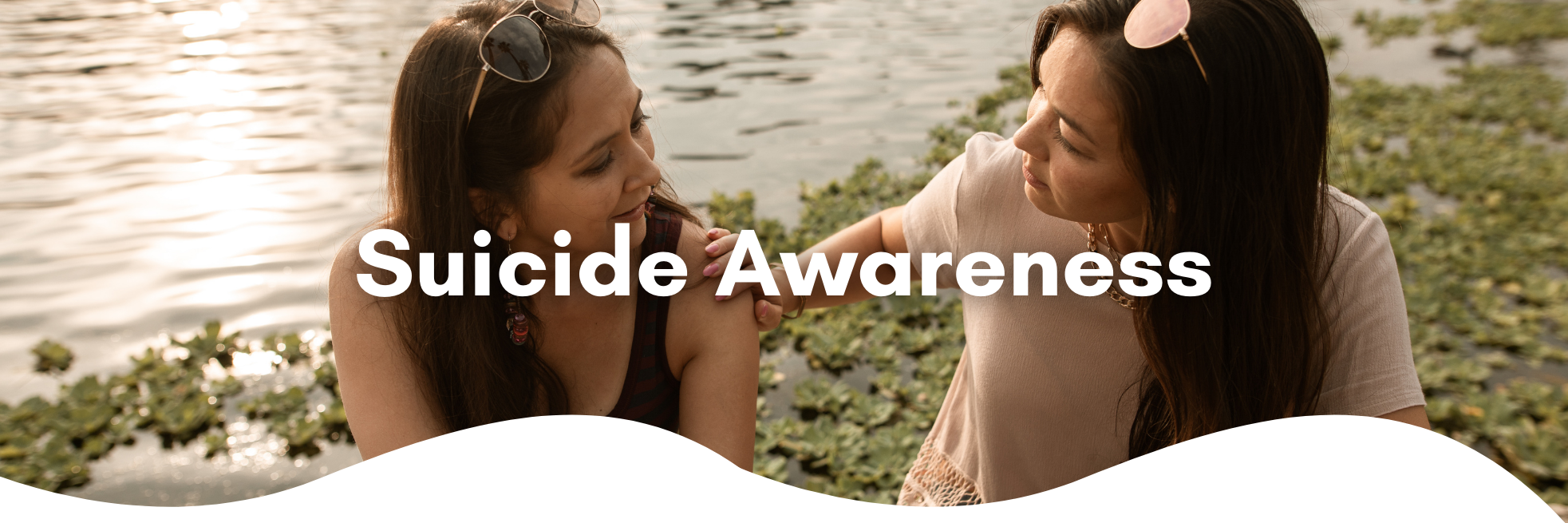Suicide is a complex issue that we need to talk about more, a topic we need to work towards destigmatizing so more people receive the help they need.
Free, 24-Hour Emotional Support and Crisis Line
863.519.3744
Help is one call away.

The Statistics
Every 11 minutes someone dies by suicide. In that same time period, there are 20 suicide attempts. That’s why it’s so important that we know the warning signs and how to help someone.
In 2022, 49,500 individuals died by suicide in the U.S. Suicide is the tenth leading cause of death for all Americans and the second leading cause of death for young people aged 10 to 24. Florida is ranked 22 in the nation for suicide rates. Men are three times more likely to die by suicide than women.
One. One voice. One person. It only takes one person to help prevent someone’s death by suicide. All you need to do is understand the warning signs and be willing to talk about the issue in a non-confrontational, non-judgmental manner. Very often people are afraid to talk about suicide because of myths. Let’s explore those.



